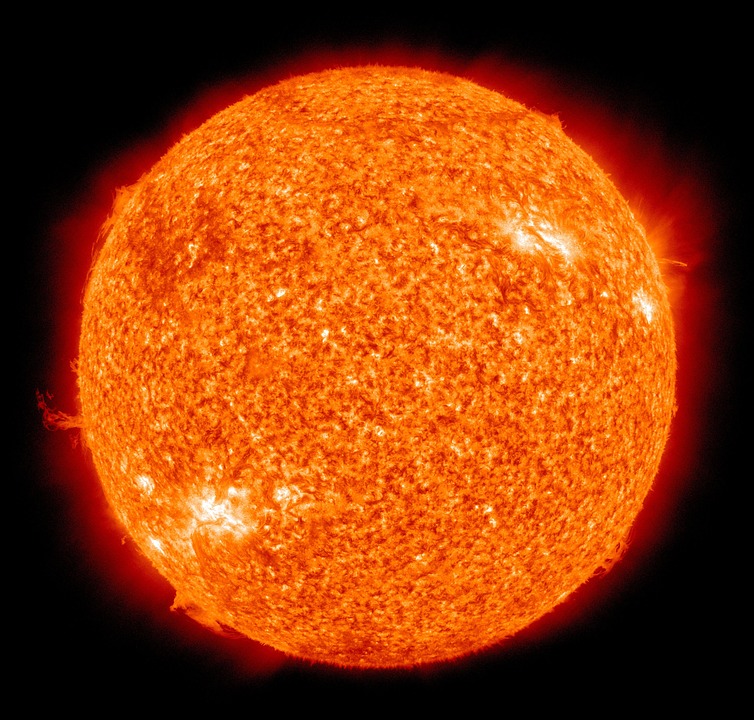Exploring the Universe: An Introduction to Cosmological Theory
The universe is a vast and mysterious place, and understanding its origins and evolution is a complex and fascinating endeavor. Cosmological theory is the study of the universe as a whole, from its earliest moments to its current state. It is a field of study that seeks to explain the origin, structure, and evolution of the universe.
The Big Bang Theory
The most widely accepted cosmological theory is the Big Bang Theory. This theory states that the universe began with a single, infinitely dense point, known as a singularity. This singularity then expanded rapidly, creating the universe as we know it today. This expansion is known as the Big Bang, and it is believed to have occurred approximately 13.8 billion years ago.
Dark Matter and Dark Energy
Dark matter and dark energy are two mysterious components of the universe that are believed to make up the majority of its mass and energy. Dark matter is an invisible form of matter that does not interact with light, and it is believed to make up approximately 27% of the universe. Dark energy is an even more mysterious form of energy that is believed to make up approximately 68% of the universe.
The Expansion of the Universe
The universe is believed to be expanding at an ever-increasing rate. This expansion is known as the Hubble expansion, and it is believed to be driven by dark energy. The expansion of the universe is believed to be accelerating, and this has implications for the future of the universe.
The Fate of the Universe
The ultimate fate of the universe is still unknown, but there are several theories that attempt to explain it. One of the most popular theories is the Big Crunch theory, which states that the universe will eventually collapse in on itself due to the force of gravity. Another popular theory is the Big Rip theory, which states that the universe will eventually be torn apart by the force of dark energy.
Conclusion
Cosmological theory is a fascinating and complex field of study that seeks to explain the origin, structure, and evolution of the universe. The Big Bang Theory is the most widely accepted cosmological theory, and it states that the universe began with a single, infinitely dense point. Dark matter and dark energy are two mysterious components of the universe that are believed to make up the majority of its mass and energy. The universe is believed to be expanding at an ever-increasing rate, and its ultimate fate is still unknown.





















